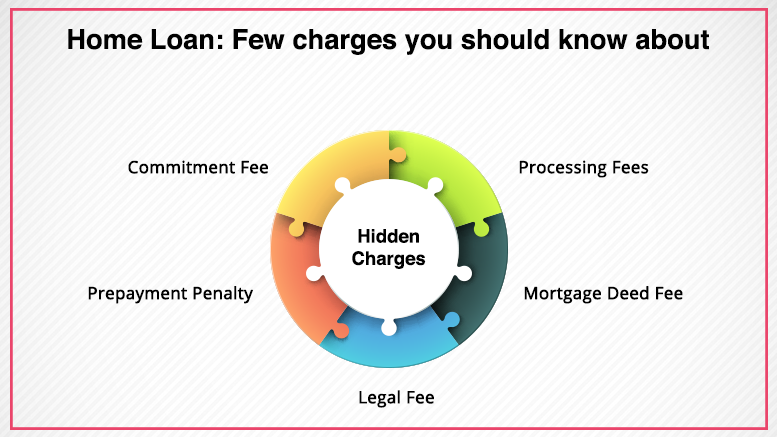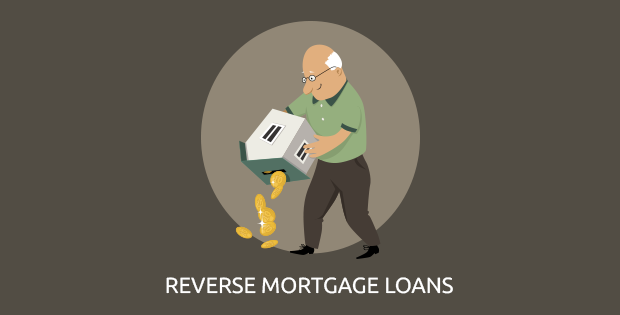
- About Us
- OUR OFFERINGS
- CALCULATORS
- RESOURCE CENTRE
-
Quick Links
- Existing Customers Benefits
- Become a Partner
- Pre-Approved Projects
- Home Loan App
- Blog
- CSR
- Locations
- Roi Switch Policy
- Co-Lending Policy
- Co-Lending Partnerships
- Customer Sensitization Program
- ROI Range
- Borrower Education - SMA/ NPA classification
- Borrower Awareness - RBI Ombudsman Scheme
- Borrower Awareness - procedure for handover of property documents
- NEWS CORNER
-
INVESTOR RELATIONS
- Financial Reports
- Investor Presentations
- Annual Reports
- Notices
- ESG Profile
- IEPF
- Investor Call Transcript
- Corporate Announcement
- Public Issue of NCD'S
- Qualified Institutional Placement
- Investor Relations Contact
- ISO CERTIFICATIONS
- Forms for Shareholder KYC-PAN-Nomination update
- Credit Ratings
- Statutory Advertisements
- ODR Portal
- Rights Issue
- Sustainable Financing Framework
- Disclosures under Regulation 46 of SEBI LODR
- CONTACT US
- Login
 Apply
ApplyOnline

India's 1st Completely Online Home Loan!
-
e-APPLY
-
e-SANCTION
-
e-DISBURSE
Start your eHome Loans Process Now!
Apply OnlineEverything you need to know about CIBIL Score

- Mar 19, 2019
- VIEWS: 8668
We are living in an age where loans have become very common. Almost every other person is paying off some or the other kind of a loan; a housing loan, a car loan, a personal loan and so on. With expenses and inflation at an all-time high, most people have no choice but to take on loans. But banks, NBFCs and all other lenders do not just provide loans to every borrower. The have certain criteria for loan approval which include the borrower’s repayment capacity, income, income to debt ratio and so on. A borrower’s credit or CIBIL score is perhaps, the most important criteria that lenders take into account before sanctioning a loan. Let’s understand what is CIBIL score and why it is important.
What is CIBIL Score?
The Credit Information Bureau (India) Limited (CIBIL) is a credit information company licensed by the Reserve Bank of India, the country’s regulatory banking body. This credit information company maintains credit details of over 600 million people and over 32 million companies. Since CIBIL is a part of the American Multinational Group TransUnion, CIBIL scores are often referred to as CIBIL Transunion scores.
The CIBIL score, also known as credit score is simply a three-digit numeric summary of an individual’s credit history. This three-digit numeric summery is derived from an individual’s credit history found in his CIBIL report or Credit Information Report or CIR. The CIR provides potential lenders information regarding a potential borrower’s credit repayment behaviour and history across all kinds of loans he has taken on and repaid, from various lenders over a period of time. Even if you have good savings, fixed deposits or investments, when you apply for the loan, your loan application may be rejected if your CIBIL score is low since the CIR does not provide the borrower the information regarding your savings and investments.
What is an ideal CIBIL score?
Now that we know what is Credit score, it is also important to understand what is a good CIBIL score. Firstly, CIBIL scores typically range between 300 and 900 points. All lenders, whether it is banks, housing finance companies or Non-Banking Finance Companies (NBFCs), generally require borrowers to have a CIBIL score of 750 points and above to approve a loan application. The more your scores are closer to the 900 points mark, the higher your chances are of getting your loan approved.
Why are CIBIL scores important?
While it is integral that lenders know the CIBIL score meaning, borrowers should also be aware of the importance of CIBIL scores. You need to remember that CIBIL scores serve as the first impression you make on a lender. Before assessing your financials, lenders always ask for your CIBIL scores.
The loan application process may be stalled at the very beginning if the CIBIL score is not up to the mark. Even if you show the lender that you have adequate savings and investments to repay the loan, a bad credit score can result in your loan application getting rejected. A rejected loan application further reduces your CIBIL scores, making you look not worthy of credit when you approach other lenders.
Also remember that it typically takes 18 to 26 months to assess a borrower’s CIBIL score. The borrower checks how often you take loans (including credit cards) and whether those loans are repaid within the stipulated tenure. All these factors are taken into account before a satisfactory credit score is obtained.
Final Word
If you have a high CIBIL score, you may be in a unique position that enables you to negotiate the terms of the loan including the interest rate provided as lenders are more than willing to approve loan requests of borrowers with high CIBIL scores. It is therefore important for you to keep a close eye on your credit scores every month so that you may not face rejections, should you need to take on a loan.
No Comments
Subscribe
Most Viewed Blogs
Categories
- Home Loans Guide 125
- Home Renovation Loan Guide 3
- Home Loan Transfer Guide 14
- Home Extension Loans Guide 1
- Loan Against Property Guide 28
- Home Loan Interest Rates Guide 2
- Others Guide 8
- Home Decor & Lifestyle Guide 5
- Plot Loan Guide 3
- PMAY Guide 5
- Uncategorized Guide 1
- NRI Home Loans Guide 5
- Financial Resolutions Guide 1
- New Year Resolutions Guide 1
Archives
- Mar 2020
- Jan 2020
- Nov 2019
- Jul 2019
- Jun 2019
- May 2019
- Apr 2019
- Mar 2019
- Feb 2019
- Jan 2019
- Dec 2018
- Nov 2018
- Jul 2018
- Jun 2018
- May 2018
- Apr 2018
- Mar 2018
- Feb 2018
- Jan 2018
- Dec 2017
- Nov 2017
- Oct 2017
- Sep 2017
- Aug 2017
- Jul 2017
- Jun 2017
- May 2017
- Apr 2017
- Mar 2017
- Feb 2017
- Jan 2017
- Dec 2016
- Nov 2016
- Oct 2016
- Jun 2016
- Apr 2016
- Mar 2016
- Feb 2016
- Jan 2016
- Dec 2015
- Nov 2015
- Oct 2015
- Sep 2015
- Aug 2015
- Jul 2015
- Jun 2015








